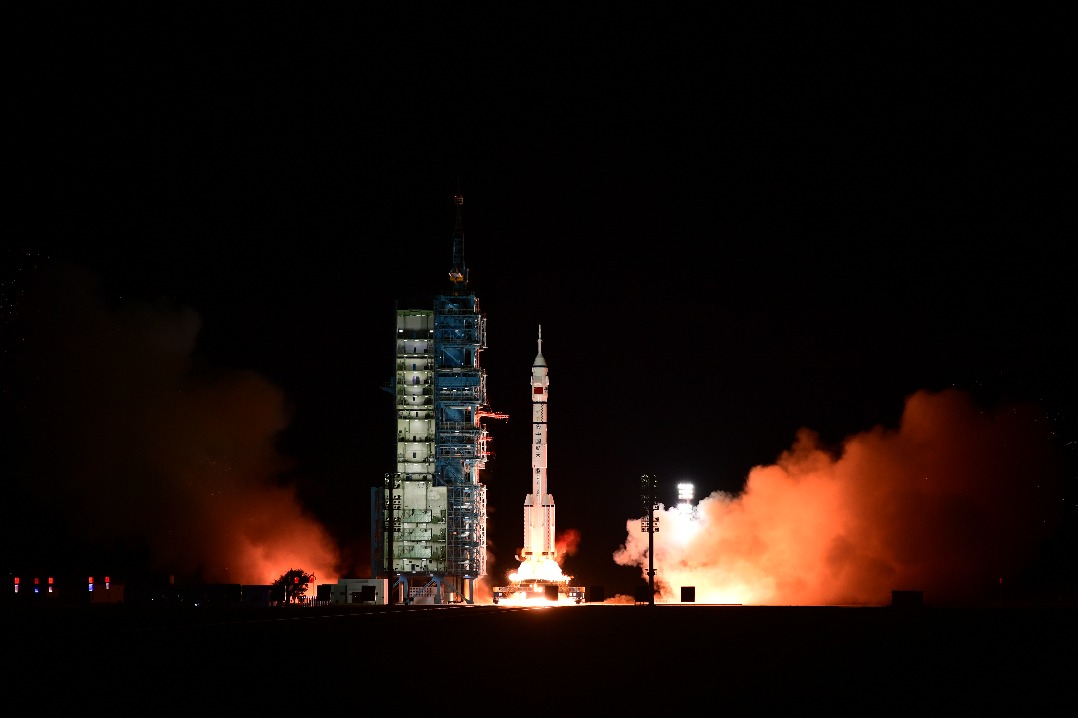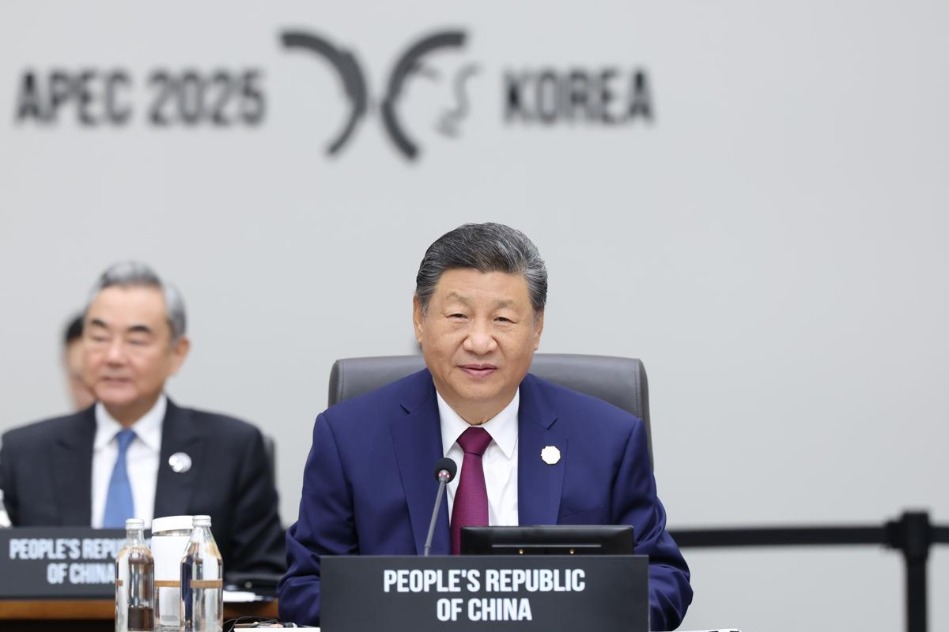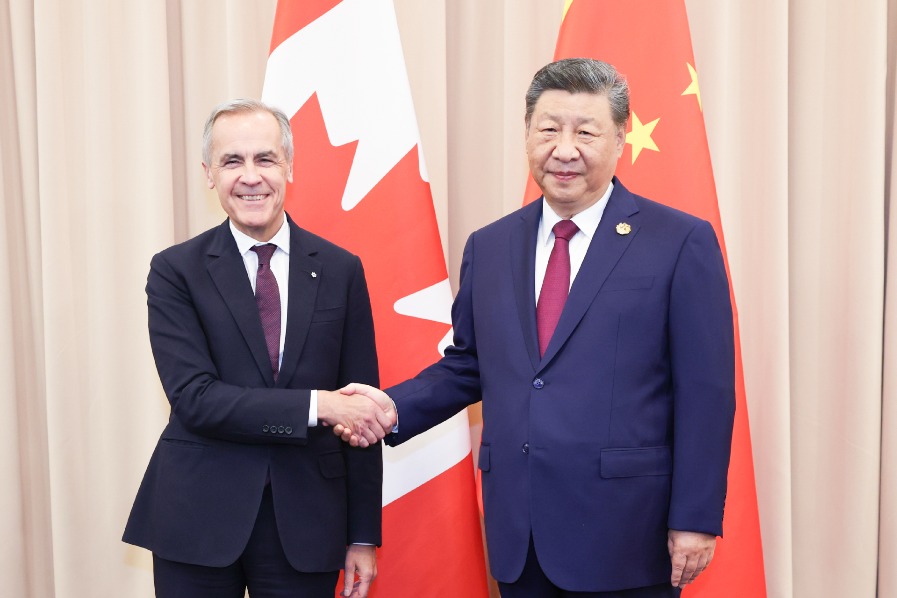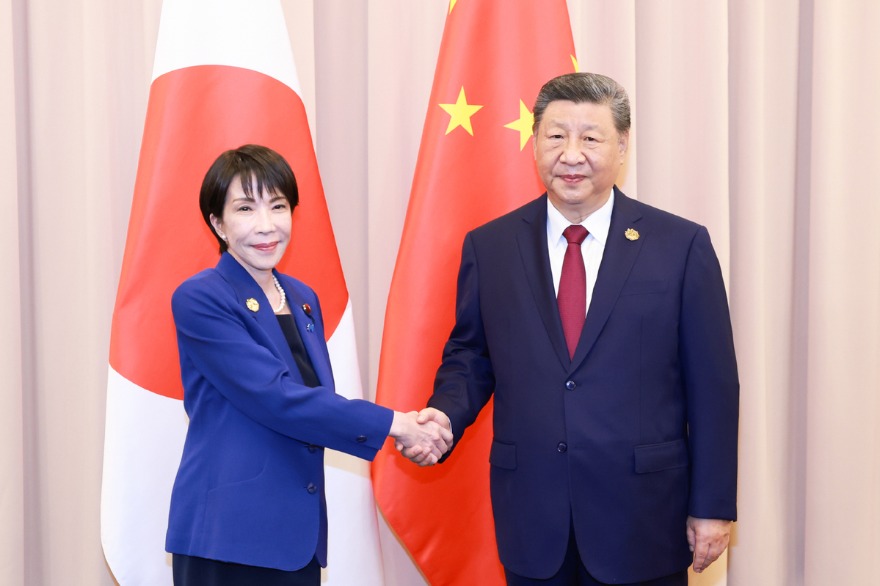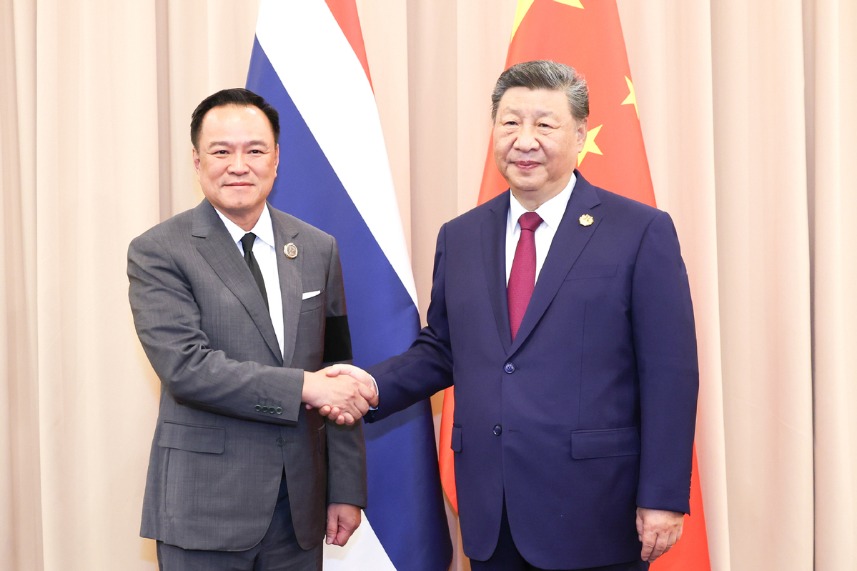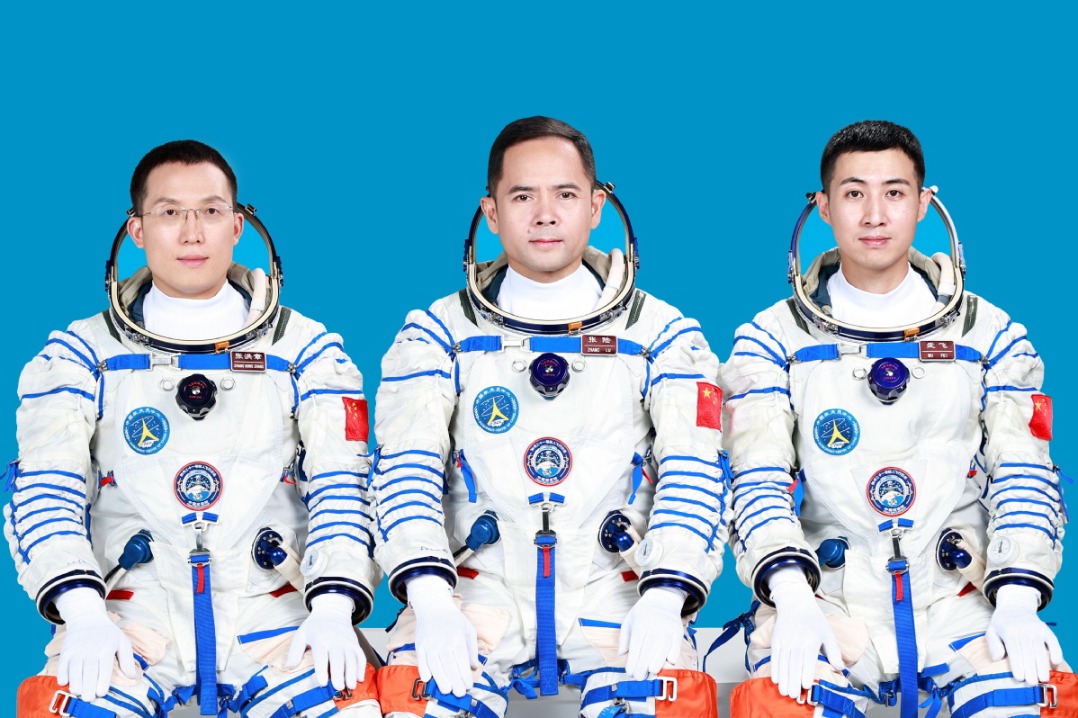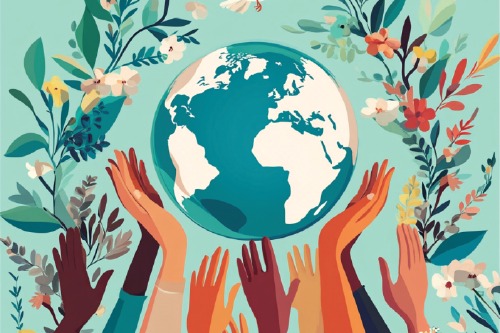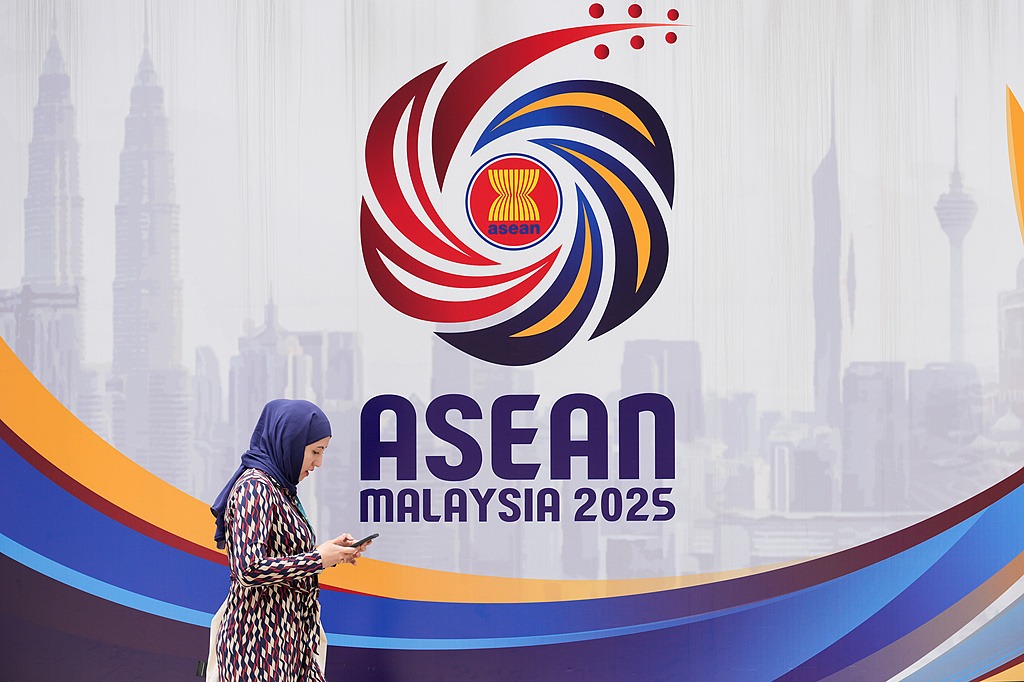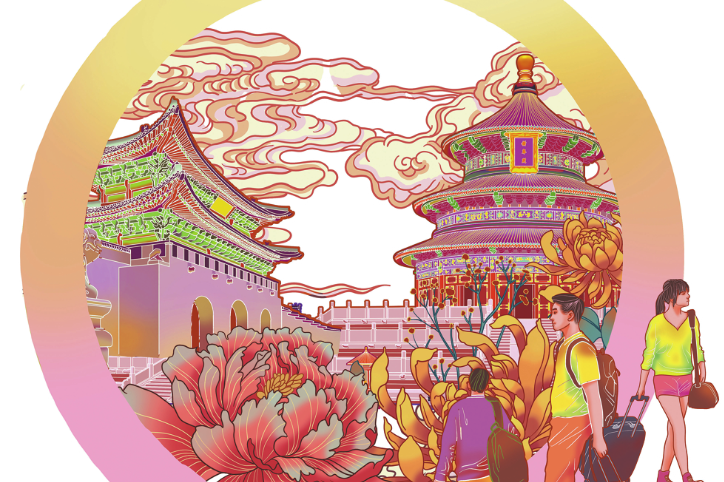Ensuring that future of AI belongs to whole world, not a privileged few

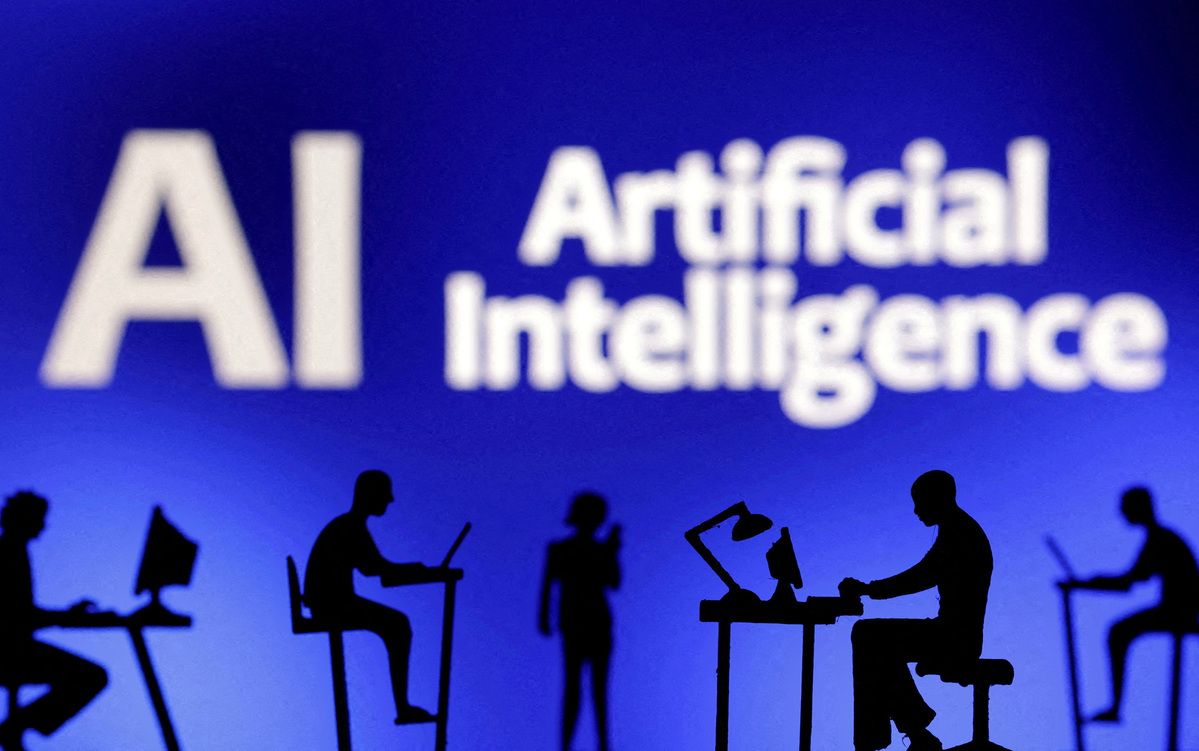
The Group of Friends for International Cooperation on AI Capacity Building, which China launched at the United Nations headquarters last year, is expected to hold another meeting this year.
China and Zambia cochaired the group's inaugural meeting in December. It was attended by representatives from more than 80 countries, including Egypt, Pakistan, Brazil, Ethiopia, Indonesia, Russia, the United States, France and the United Kingdom. The meeting's success demonstrated China's efforts to democratize artificial intelligence and ensure its benefits reach every nation. This year's meeting, which will be held against the backdrop of rising geopolitical tensions, aims to reaffirm the clear message — AI development must be inclusive, equitable and aligned with the broader goals of sustainable development.
The unprecedented growth of AI is reshaping the global landscape, unlocking remarkable possibilities to advance human well-being and societal progress. Yet, alongside its transformative power lie significant practical dilemmas, particularly the risk of deepening technological inequality between the Global North and the Global South.
China has been a proponent of AI as a tool for global development rather than a source of further inequality. The country has also been advocating responsible AI development. In 2023, China proposed the Global AI Governance Initiative. In July, China led the unanimous adoption of a UN General Assembly resolution on AI capacity-building. The resolution was cosponsored by 143 countries, including the US.
In September, China and Zambia cohosted the High-Level Meeting on International Cooperation on Capacity-Building of AI during the general debate of the 79th session of the UN General Assembly. At the event, China introduced the AI Capacity-Building Action Plan for Good and for All and proposed the establishment of the Group of Friends for International Cooperation on AI Capacity Building.
As such, the Group of Friends is rooted in the UN resolution on AI, which aims to enhance international collaboration on AI capacity-building and promote "an open, fair and nondiscriminatory business environment".
China's efforts to help countries, especially the developing ones, enhance their representation in global AI governance, show that unlike some nations that seek to monopolize advanced technologies through restrictive policies and export controls, China advocates for open cooperation and knowledge-sharing to help developing countries build technological self-reliance.
The world needs AI to contribute to economic growth, social welfare and regional stability. For example, in Africa, where digital infrastructure is still evolving, AI applications in agriculture, healthcare and education could revolutionize livelihoods. China always hopes that the development of AI technology in the right direction can create a powerful synergy that accelerates progress toward the UN Sustainable Development Goals.
The current global landscape is marred by protectionist policies, with certain countries imposing restrictions on AI exports and tightening control over key technologies. Such an approach not only stifles innovation but also deepens the technological divide between developed and developing nations. China's stance is unequivocal: AI should not be weaponized for geopolitical competition, nor should it be locked behind "small yard, high fence" barriers.
The establishment of the Group of Friends for International Cooperation on AI Capacity Building is a direct response to these challenges. By promoting AI capacity-building, the related countries are setting a precedent on how international cooperation can overcome exclusionary practices. The goal of the newly-launched international group also aligns with China's broader vision of building a community with a shared future for humanity, where technological advancements are leveraged for collective benefit rather than zero-sum rivalry.
Plus, the Group of Friends is more than just a diplomatic milestone — it is a blueprint for how international cooperation can shape the future of technology. In a world where unilateralism and protectionism threaten progress, inclusive initiatives such as this offer a way forward.
As AI continues to reshape economies and societies, the international community must choose between division and collaboration. China's commitment to AI capacity-building proves that the right choice is clear: only through solidarity can we ensure that AI serves as a force for good, leaving no country behind in the digital age. The world must heed this call because the future of AI should belong to all of humanity, not just a privileged few.
















